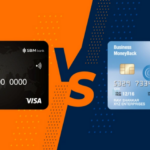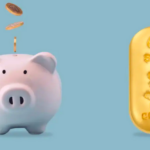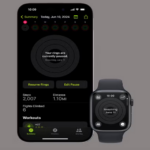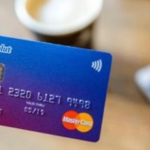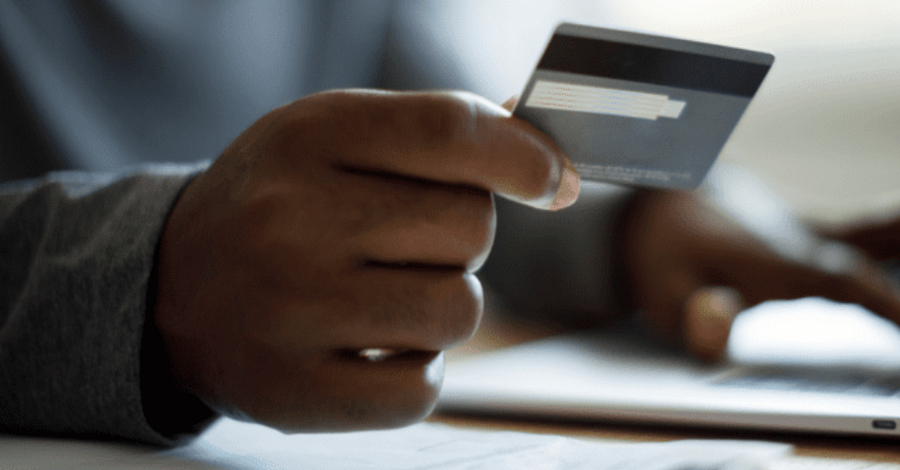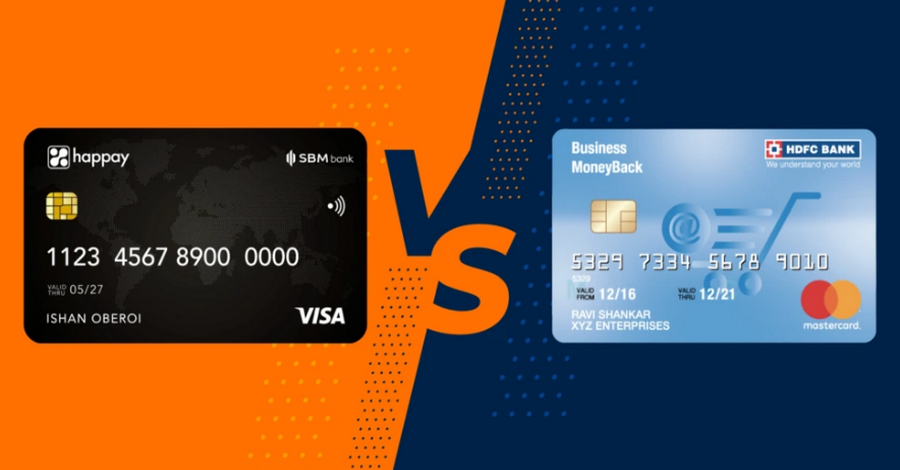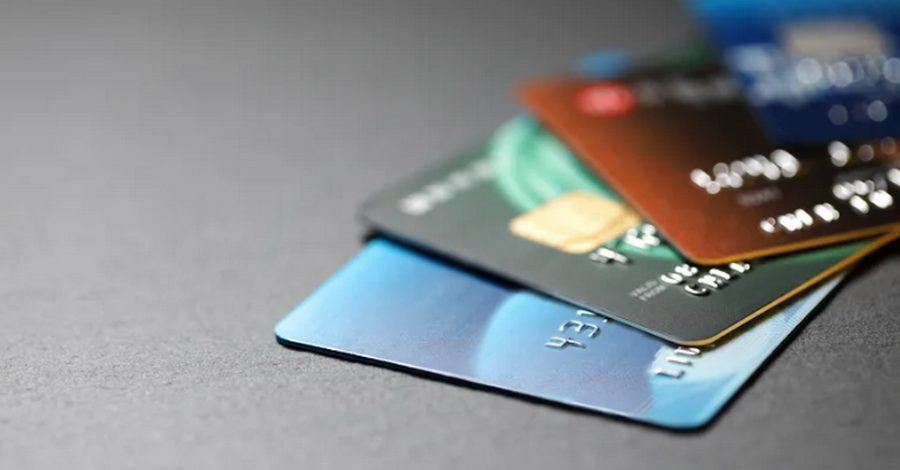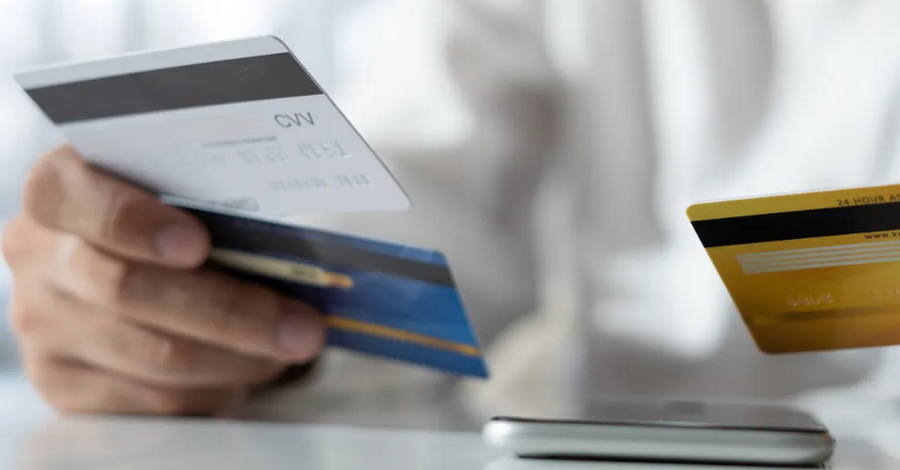Using credit cards responsibly can be a valuable financial tool for managing expenses, building credit, and earning rewards. However, they can also lead to significant debt problems if not used carefully. Understanding how to use credit cards effectively is essential for maintaining financial health and avoiding the pitfalls of excessive debt.
In this article, we’ll discuss practical tips and strategies to use credit cards wisely, make payments on time, and steer clear of common financial mistakes.
1. Understand How Credit Cards Work
Before using a credit card, it’s important to understand how they function. When you use a credit card, you’re essentially borrowing money from the credit card issuer. You’re required to repay the amount spent, either in full or in installments, by the due date. If you don’t pay the full balance, interest charges will apply to the unpaid amount.
Key aspects of credit cards to consider:
- Credit Limit: This is the maximum amount you’re allowed to borrow on your card.
- Annual Percentage Rate (APR): The interest rate charged on outstanding balances.
- Minimum Payment: The smallest amount you need to pay to avoid late fees.
- Grace Period: The time between the end of your billing cycle and your payment due date, during which you can pay off your balance without incurring interest.
Understanding these terms will help you make informed decisions about your credit card usage.
2. Create a Budget for Credit Card Spending
A budget is an essential tool for managing your finances and avoiding credit card debt. Here’s how to create a budget for credit card use:
- Assess Your Income: Determine how much money you earn after taxes.
- Track Your Expenses: List all your monthly expenses, including rent, utilities, groceries, and discretionary spending.
- Set Spending Limits: Allocate a specific portion of your income for credit card use and stick to it.
By keeping your credit card spending within your budget, you can avoid overspending and accumulating debt.
3. Pay Your Balance in Full Each Month
One of the best ways to use credit cards responsibly is to pay off your balance in full every month. This practice helps you:
- Avoid Interest Charges: By paying the full amount, you won’t incur interest on your purchases.
- Maintain a Good Credit Score: Timely payments demonstrate financial responsibility and positively impact your credit score.
- Stay Debt-Free: Paying in full prevents the accumulation of unpaid balances that can snowball into large debt.
If paying in full isn’t possible, aim to pay more than the minimum amount to reduce interest charges and pay off your debt faster.
4. Use Credit Cards for Planned Expenses
A common mistake is using credit cards for impulsive or unplanned purchases. To avoid this:
- Plan Your Purchases: Use your credit card only for expenses you’ve budgeted for, such as groceries, bills, or recurring subscriptions.
- Avoid Emotional Spending: Refrain from using your credit card to make purchases based on emotions, such as stress or excitement.
- Monitor Your Spending: Keep track of your credit card transactions regularly to ensure you’re staying within your budget.
Using credit cards for planned expenses ensures that you’re in control of your spending.
5. Keep Your Credit Utilization Low
Credit utilization refers to the percentage of your credit limit that you’re using. A high credit utilization ratio can negatively impact your credit score and indicate financial strain. To maintain a healthy credit utilization ratio:
- Aim for Less Than 30%: Keep your spending below 30% of your credit limit. For example, if your limit is $5,000, try to use no more than $1,500.
- Pay Off Balances Early: Consider making multiple payments throughout the month to reduce your outstanding balance.
- Request a Credit Limit Increase: If you consistently use a significant portion of your credit limit, requesting an increase can lower your utilization ratio.
Managing your credit utilization demonstrates responsible credit behavior and boosts your creditworthiness.
6. Avoid Cash Advances
Most credit cards allow you to withdraw cash through a cash advance. However, this feature often comes with high fees and interest rates. Avoid cash advances unless absolutely necessary, as they can quickly lead to increased debt.
If you must use a cash advance:
- Understand the Costs: Check the fees and interest rates associated with the transaction.
- Repay Quickly: Pay off the cash advance as soon as possible to minimize interest charges.
7. Choose the Right Credit Card
Selecting the right credit card for your needs can help you avoid unnecessary debt. Consider the following factors when choosing a credit card:
- Interest Rates: Opt for a card with a low APR if you anticipate carrying a balance.
- Fees: Look for cards with no annual fees or low maintenance costs.
- Rewards Programs: Choose a card with rewards or cashback programs that align with your spending habits.
- Credit Limit: Select a card with a credit limit that suits your financial needs without encouraging overspending.
Researching and comparing credit cards ensures that you find one that fits your lifestyle and financial goals.
8. Be Mindful of Promotional Offers
Credit card companies often offer promotional deals, such as low introductory interest rates or rewards bonuses. While these can be beneficial, they can also lead to debt if not managed carefully.
- Read the Fine Print: Understand the terms and conditions of promotional offers, including how long they last and any associated fees.
- Avoid Overspending: Don’t let enticing rewards or promotions tempt you into spending more than you can afford.
- Plan for Rate Increases: Be prepared for the regular interest rate to apply once the promotional period ends.
Using promotional offers wisely can enhance the benefits of your credit card without leading to financial strain.
9. Monitor Your Credit Card Statements
Regularly reviewing your credit card statements is crucial for maintaining financial control. Here’s what to look for:
- Transaction Accuracy: Verify that all transactions are correct and report any unauthorized charges immediately.
- Due Dates: Note your payment due dates to avoid late fees.
- Interest Charges: Check for interest charges and understand how they were calculated.
Monitoring your statements helps you catch errors, stay on top of payments, and identify areas where you can reduce spending.
10. Build an Emergency Fund
An emergency fund acts as a financial safety net and reduces the temptation to rely on credit cards for unexpected expenses. Aim to save three to six months’ worth of living expenses in a separate savings account. Having an emergency fund ensures you can cover unforeseen costs without accumulating credit card debt.
11. Seek Financial Advice if Needed
If you’re struggling to manage your credit card debt, seek professional advice. Financial counselors can help you create a budget, negotiate with creditors, and develop a plan to pay off debt. Early intervention can prevent small financial issues from escalating into larger problems.
Credit cards are a powerful financial tool when used responsibly. By understanding how they work, creating a budget, paying balances in full, and monitoring spending, you can enjoy the benefits of credit cards while avoiding debt problems. Remember, the key to successful credit card use is discipline, awareness, and proactive financial management. With the right approach, you can use your credit cards to enhance your financial well-being and achieve your goals without the burden of debt.

